Poet Thanh Thao's birth name is Ho Thanh Cong, born in 1946, from Quang Ngai. After graduating from the Faculty of Literature, Hanoi University of Science in 1969, he went to work in the Southern battlefield as a soldier and journalist. He was awarded many valuable literary awards by the Vietnam Writers Association and the State Prize for Literature and Arts (VHNT) in the first round in 2001. He was Deputy Secretary General of the Quang Ngai Literature and Arts Association and then Chairman of the Quang Ngai Literature and Arts Association.
In the epic poem "Those Who Go to the Sea" , a famous verse by Thanh Thao about soldiers has been "memorized" by several generations of battlefields like a big question: "We have gone without regretting our lives/ (But how can we not regret being twenty)/ But if everyone regrets being twenty, then what is left of the Fatherland?/ The grass is sharp and warm, isn't it, my dear"...
Thanh Thao is one of the typical faces of the generation of poets who grew up in the fire of war and matured with the times. However, unlike many writers who tend towards epic emotions or heroic qualities, Thanh Thao chose his own path, which is thoughtful poetry, reflective poetry and poetry that explores the depth of humanity. He is not only a poet who records war, but also a person who thinks about war, people and the fate of the nation, with a unique writing style, full of associations, symbols, surrealism and philosophy.
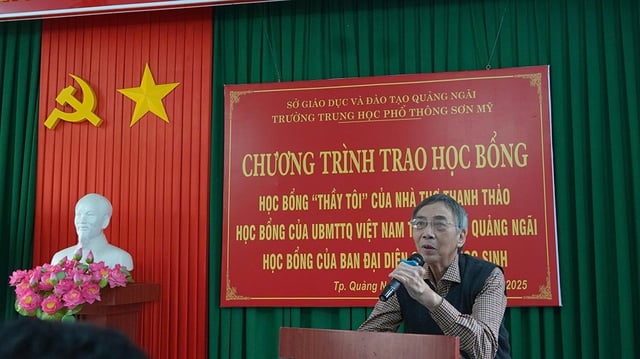
Poet Thanh Thao
PHOTO: PA
The outstanding features in Thanh Thao's poetry are the poetic journey of thinking, not only emotions but also reflections. In collections such as Those who go to the sea or Footprints through the grasslands , Thanh Thao writes about war, but delves deeply into human feelings, into pain, sacrifice and human fate.
"Silent as an orphaned rock/ they taught him love/ without words/ he loved the sea but stood on the shore/ he loved his country but didn't know how to swim/ how could he understand?/ there were island soldiers/ bare-backed before the enemy's bullets" . The verse is like a big question that penetrates the hearts of those who are living with the contemplation of the losses and sacrifices that soldiers have to go through. Thanh Thao's poetic thinking is always two-way: both oriented towards the ideal, while not forgetting the reality and the silent sadness behind the forehead of the times. His poetic language is rich in associative images, metaphors and musicality. Thanh Thao stands out with a language rich in music and symbolism. He uses many unconventional sentence structures and suggestive phrases, creating a unique poetic voice, as in the epic poem Barefoot :
"Stone carries stone, stone carries stone/ sweat carries sweat/ months and years carry months and years/ people carry people/ to build the Great Wall/ with everyone I carry stones to build the wall/ with everyone I carry freedom, carry brotherhood over the wall/ with everyone I throw away the odds from the wall/ we don't build the Great Wall/ we don't need heroes/ we are happy and calm/ even though the foot of the wall reaches the horizon/ so far away and uncertain" .
The images in the poem are haunting symbols of the Truong Luy strip of land and the people of Thanh Thao's homeland before history and fate. This is his own poetic style with simplicity but containing philosophical depth. In his poetry, existential philosophy goes hand in hand with constant innovation.
RENEWING THE VIEW OF HUMANISM IN POETRY
In the years after the war, Thanh Thao with his new explorations in poetry began to stir up the poetry world. Some people highly appreciated his contributions to the field of poetry about war; others believed that his post-war poetry with its daily life pains and innovative concerns showed a deeper, more complete picture of Thanh Thao's poetry. I believe that in every period, Thanh Thao is still a true poetic talent with a heart that is always warm, sincere, sharing all losses and indignation against all lies, injustice and violence.
His epic poem is like a polyphonic symphony with many voices and many meanings. His epic poems are like a "conversation" between man and his time and fate. In the epic poem Rubik's Cube , he created a structure like a multi-dimensional rotating Rubik's cube, containing pieces of life, art, war and even metaphysics. This is a step that pushes the epic poem into a multi-dimensional, polysemous artistic space.
He was a pioneer in breaking the boundaries between poetry and prose, between lyrical poetry and philosophy, between popular language and learned language. His epic poems are a blend of lyrical narrative and philosophy, between expression and association with a non-linear structure, then fragmented and multi-layered. This is the model of "postmodern epic poems" in Vietnam in the post-war period.
Thanh Thao not only renewed Vietnamese poetry through the form of epic poems, but also renewed the perspective on people, history and poetry. He transformed epic poems, which were originally a "heavy" form of poetry, into a multi-layered artistic flow, both profound and open, bearing the mark of the times and of a soul that never stops thinking. The greatest lesson from Thanh Thao is that poetry must have thinking, must dare to do differently, dare to face one's own darkness, in order to reach the light of beauty. (to be continued)
Source: https://thanhnien.vn/thanh-thao-nha-tho-truong-ca-cua-tu-tuong-va-cai-dep-185250826222723997.htm



![[Photo] General Secretary To Lam attends the opening ceremony of the National Achievements Exhibition](https://vphoto.vietnam.vn/thumb/1200x675/vietnam/resource/IMAGE/2025/8/28/d371751d37634474bb3d91c6f701be7f)

![[Photo] General Secretary To Lam presents the 45-year Party membership badge to comrade Phan Dinh Trac](https://vphoto.vietnam.vn/thumb/1200x675/vietnam/resource/IMAGE/2025/8/28/e2f08c400e504e38ac694bc6142ac331)
![[Photo] Red flag with yellow star flutters in France on National Day September 2](https://vphoto.vietnam.vn/thumb/1200x675/vietnam/resource/IMAGE/2025/8/28/f6fc12215220488bb859230b86b9cc12)
![[Photo] Politburo works with the Standing Committee of Cao Bang Provincial Party Committee and Hue City Party Committee](https://vphoto.vietnam.vn/thumb/1200x675/vietnam/resource/IMAGE/2025/8/28/fee8a847b1ff45188749eb0299c512b2)
![[Photo] National Assembly Chairman Tran Thanh Man holds talks with New Zealand Parliament Chairman](https://vphoto.vietnam.vn/thumb/1200x675/vietnam/resource/IMAGE/2025/8/28/c90fcbe09a1d4a028b7623ae366b741d)
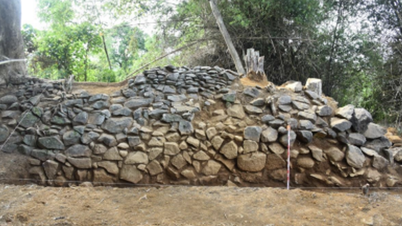


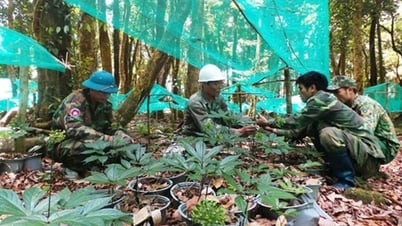

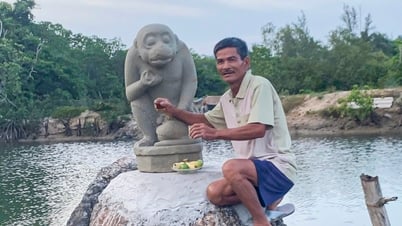
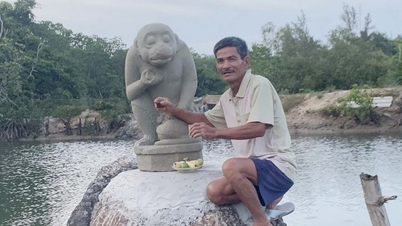



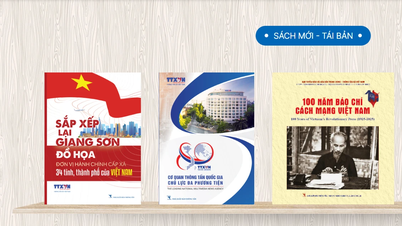
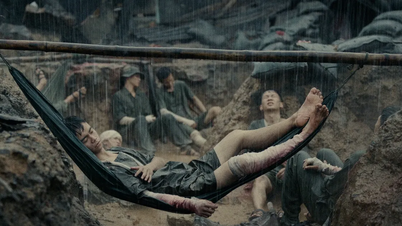


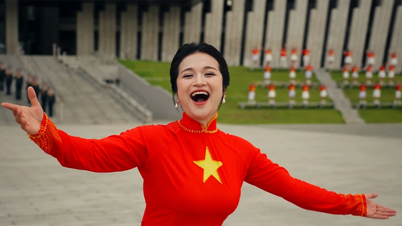
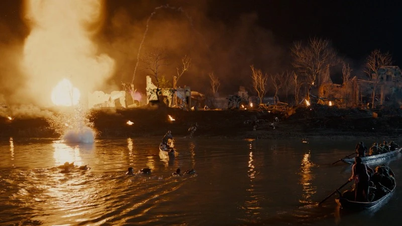









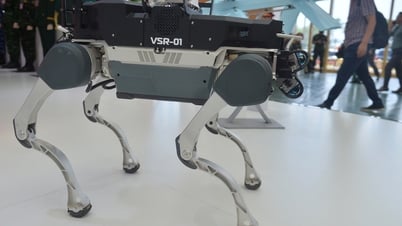

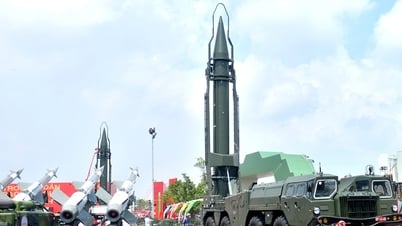
























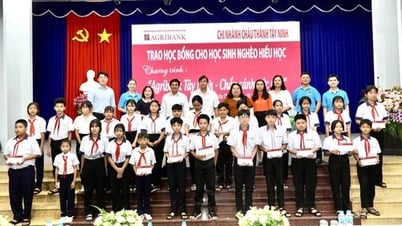










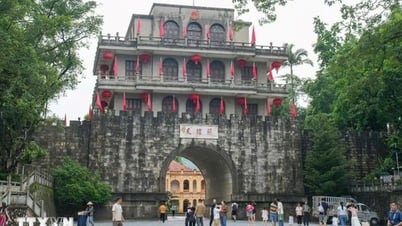



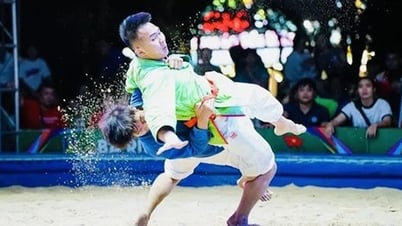
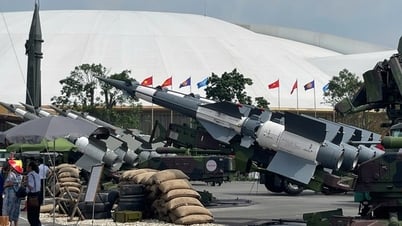
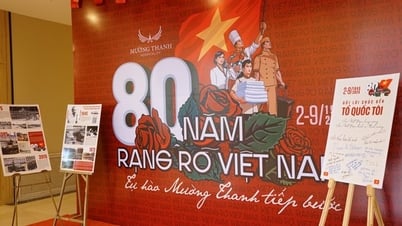
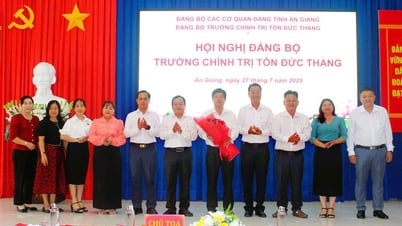


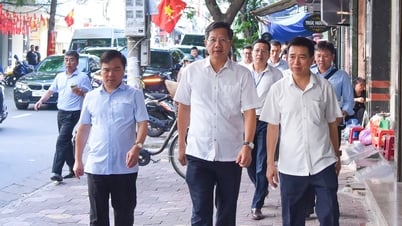

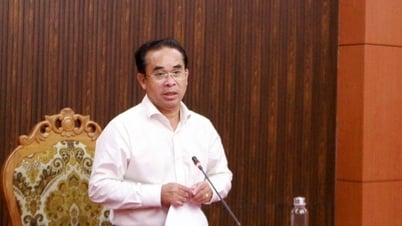

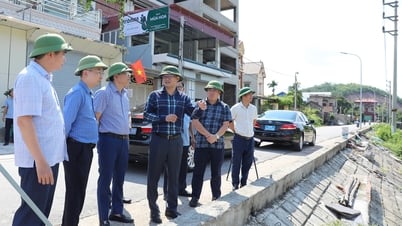

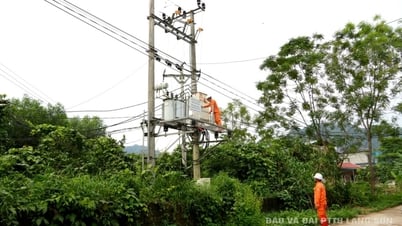
















Comment (0)